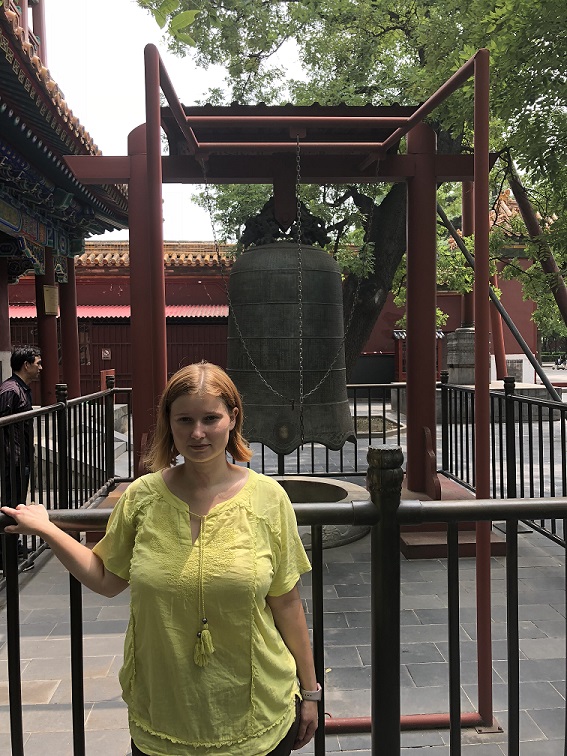If There is a Will There is a Way, Unless it Involves Animals
This week I visited a Tibetan Buddhist temple in Beijing and watched a Chinese movie called Dying to Survive. Both taught me that in China people will figure out a way to get something done. The temple represents the continued practice of Tibetan Buddhism in China despite the continuing dispute between Tibet and the government about the governing of the region. The religion is connected to the dispute because the Dalai Lama is the leader of the independent government of Tibet. Although the current Dalai Lama has backed down on a total separation from China and wished in 2008, only for autonomy with freedom of speech and expression, genuine self rule and control over ethnic makeup, and migration in all area claimed as historical Tibet. Despite this conflict, not only is there a temple with this sect of Buddhism but the governing powers of Beijing have also named the metro station near it after it. The stop is Yonghegong Lama Temple. This just shows that despite the government disagreeing with the religion the people can overrule the government and continue practicing the religion.
Dying to Survive demonstrated the defiance of Chinese against injustice. This is a true story about a businessman in Shanghai who is approached by someone with leukemia to smuggle drugs from India to China. The drug is a treatment for a specific form of leukemia and the Chinese company was selling the drug for 40,000 RMB ($5,980.41) per bottle, and the smuggler was selling the Indian equivalent at first for 5,000 RMB ($747.55) per bottle and later at 500 RMB ($74.76) per bottle. He did this despite the hefty prison sentence that came with getting caught because people could not afford the Chinese drug. In the movie, one of the characters said that the people were just waiting to die because they could not afford the drugs. He was not the only one to risk his freedom, there was a network of people who were distributing these drugs to patients throughout Shanghai, and later throughout China, before they were caught. When he did get caught, the people of China were supporting him so in the movie the government only gave him a five year sentence which he served three year instead of the twenty or so years that he could have been sentenced to. In real life, Lu Yong, the businessman, was actually suffering from the form of leukemia and the state chose not to prosecute him. The will of the people in China can control the actions of the government in a way which is surprising.
At work this week, I researched online addiction in children in the United States. Something I found very surprising was that despite research being published in 1996, the government only started researching this possible mental illness in late 2017. The study will take two years to complete, so online addiction will continue being in limbo of its classification until at least 2019. However, private parties have been taking actions to combat online addiction through research and the opening of clinics for treatment nationwide. The main issue with the treatments is the cost. Until online addiction is added to the official list of mental illnesses insurance won't cover it. This means that all treatment for online addiction is being paid out of pocket for those who go to these clinics. This means that those who can't afford treatment cannot get treatment. Assuming online addiction is classified as a mental illness, this is a large problem because there are people out there who are unable to get treatment until at least 2019.
Another new experience this week was Hutong Weasels. These are yellow carnivorous weasels that live in Hutongs and tend to come out at night. I learned about these because I was woken up by these weasels deciding that they were going to try to dig through the roof of the Hutong I am staying in. No matter what I did, they decided to stay and party on my roof. This is when I learned that there is not a way if the will is to control animals.
